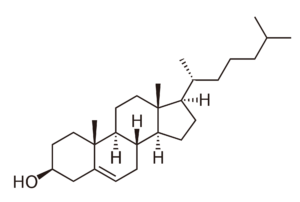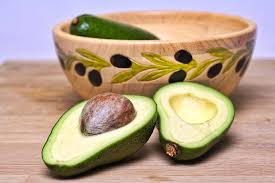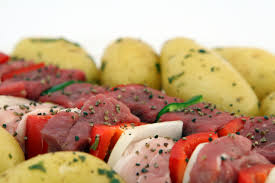Cholesterol is a waxy substance that comes from two sources: your body and food. Your body, and especially your liver, makes all the cholesterol you need and circulates it through the blood. But cholesterol is also found in foods from animal sources, such as meat, poultry and full-fat dairy products. Your liver produces more cholesterol when you eat a diet high in saturated and trans fats.
- Excess cholesterol can form plaque between layers of artery walls, making it harder for your heart to circulate blood. Plaque can break open and cause blood clots. If a clot blocks an artery that feeds the brain, it causes a stroke. If it blocks an artery that feeds the heart, it causes a heart attack.
- There are two types of cholesterol: “good” and “bad.” Too much of one type — or not enough of another — can put you at risk for coronary heart disease, heart attack or stroke. It’s important to know the levels of cholesterol in your blood so that you and your doctor can determine the best strategy to lower your risk.
- Making healthy eating choices and increasing exercise are important first steps in improving your cholesterol.
- For some people, cholesterol-lowering medication may also be needed to reduce the risk for heart attack and stroke.
References
Source: American Heart Association; www.heart.org/HEARTORG/Conditions/Cholesterol/AboutCholesterol/About-Cholesterol_UCM_001220_Article.jsp




Pingback: Emu Oil | NutraWiki
Pingback: What are the benefits of Emu Oil? | NutraWiki
It does reduces crtooslehol, you have to have the extract of the bitter gourd every morning it is really bitter, but nothing to loose because it is pure vegetable. Keep it up.